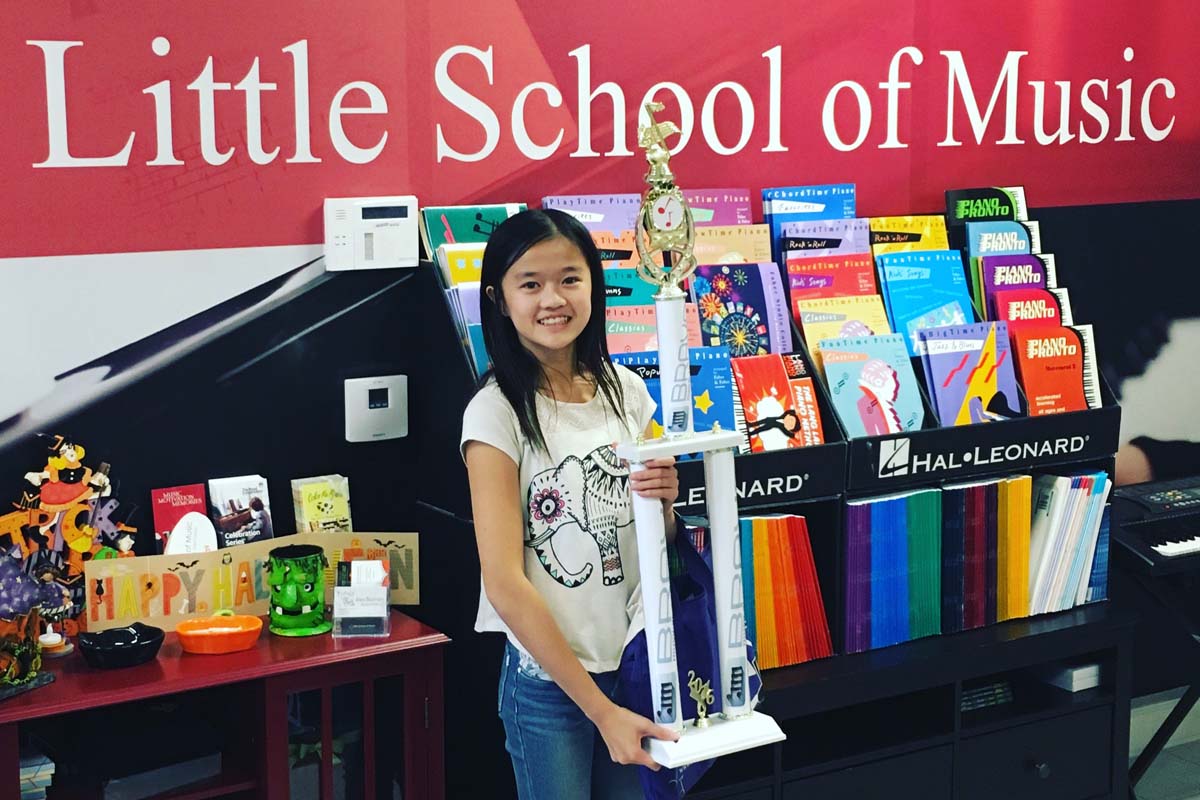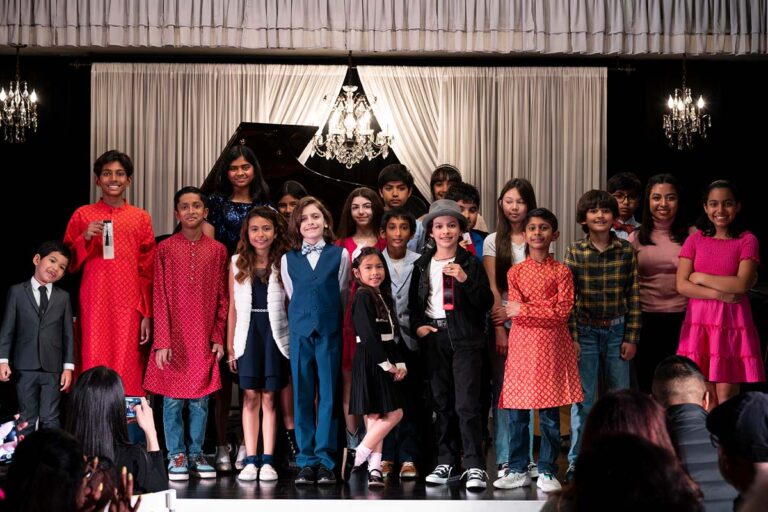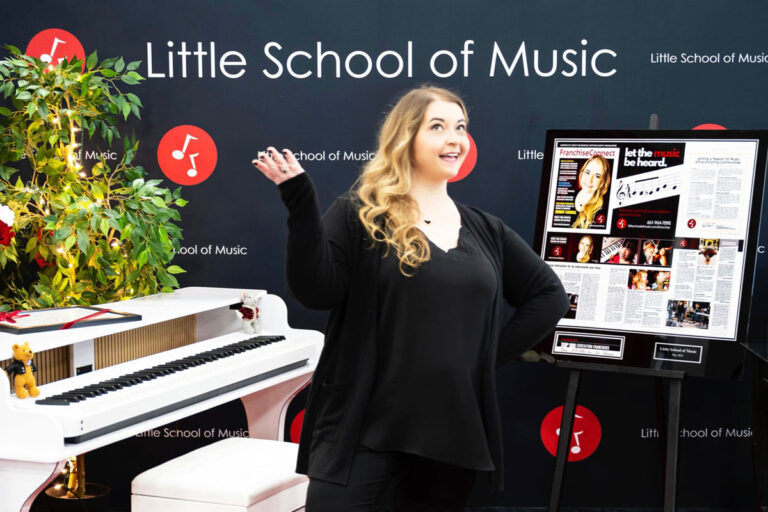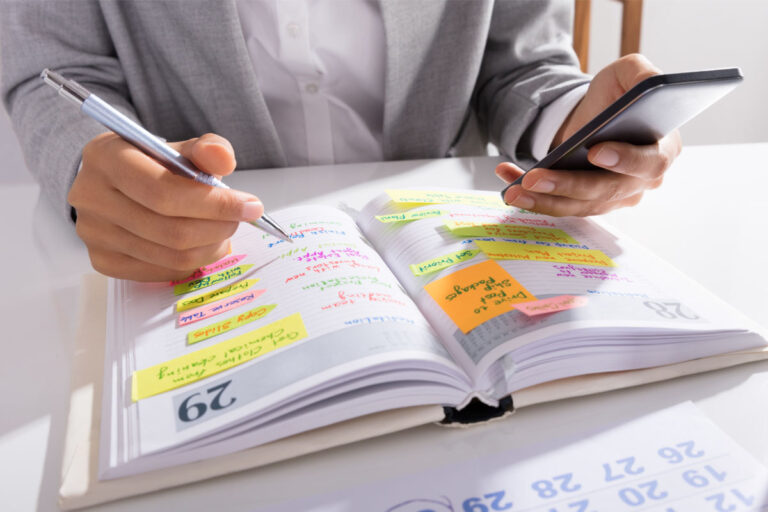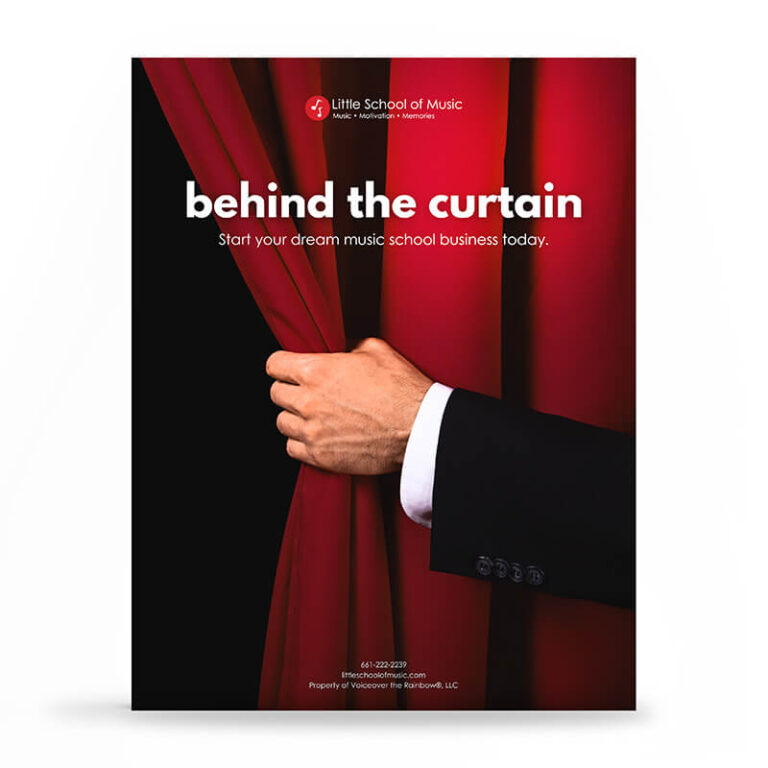What does music mean to you?
Why do you play music?
Do you see yourself playing music for the rest of your life in some capacity? (for pleasure, professionally, as an escape, etc.)
With the pressures of school, other activities, and preparing for (or attending) college, how do you make time for music? (lessons, practice, performances, etc.)
Tell us your Little School of Music story! How has Little School of Music impacted you and your family?
I first came to Little School of Music in January of 2010. I was six. My older sister had been with Little School of Music for a couple years prior (2006 I think), and was learning piano just as I would be a few years later. I used to dance to my sister’s music or sit and listen with my mother, until she asked me one day if I wanted to learn too.
I said no.
The truth is, I thought it would be too hard. I didn’t believe in myself. Looking back, my sister was learning just the first or second level from the Alfred series, but I simply couldn’t imagine myself ever learning to decipher the black dots and lines on the sheets with ease.
But after my mother convinced me (apparently) to just give it a try, and I started the group lessons with Miss Mindy, I found myself immediately immersed in music. In that group class, I learned to read the notes, to listen to music, and to love music. With Miss Mindy’s interactive lessons, my mom accompanying me behind the piano, and the friends I made beside me, I never felt nervous or afraid of failure. It was always just music and fun.
I remember loving the group lessons with Miss Mindy so much that when I “graduated”, I was hesitant to ever move on to private lessons and put it off as long as possible. I didn’t know then that Mrs. Jean would be the one to facilitate my learning and continue my love for piano for nearly ten more years. Throughout elementary school, my interest in music also grew and I tried other instruments, learning violin with Mrs. Chao at LSM alongside my sister as well as flute from my elementary school.
From LSM I learned about and joined the SCV youth orchestra, and my appreciation for music only continued to grow from there. But LSM continued to make music fun, with regular recitals, “Music Money” to trade for prizes, the Musical Ladder System for wristbands and (large) trophies, and the end-of-the-year celebrations at the bowling alley with teachers, friends, family, and fellow students.
As I grew older with LSM and improved my music, Mrs. Jean encouraged me to complete RCM testing and compete in MTAC festivals for the first time. With the support of Mrs. Jean, preparing for exams and festivals taught me how much more there was to learn from music. I learned how to practice and how to interpret music, and gradually began incorporating my own interpretations in my playing. I learned how to push myself out of my comfort zone in order to improve my own music. I met people who are still my friends to this day!
I really did grow up with LSM. I remember being in the audience at the original location, and coming in for the first time to the new location, late for my group lesson, to an almost-empty room with Miss Mindy’s mom at a portable table with her computer to sign us in. For the last few times I performed in the recital hall and the last few years I was with LSM, I remember admiring how far LSM had come.
The Phung family is incredibly appreciative of everything LSM has done for us. We have enjoyed watching LSM develop as a studio and have had the most fun enjoying the best gift of music.

